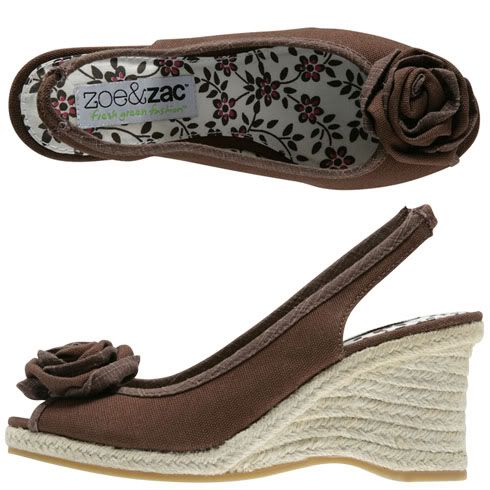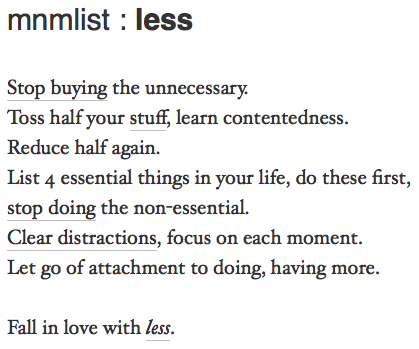Green Fashion?
As my thesis project is coming to a close, I find that my first purchase [clothing-wise] is fitting. While shoe shopping for Easter, I saw the following statement printed on a shoebox lid: we haul our groceries in reusable bags. we hold onto that can until it finds a recycling bin. we are passionate, engaged, and connected-to people and to our planet. we appreciate smart design. we believe that fashion is a reflection of who we are and an expression of how we live. we know that going green is a journey and every step counts-so together we can take those steps in shoes designed to leave a smaller footprint. we are all zoe&zac.™

The pair of shoes looked exactly like the other shoes I was trying on, but was created using organic and/or recycled materials. Needless to say, I bought that pair of shoes.
After looking into the brand a bit more, I found that the designer, Summer Rayne Oakes, also participated in a pilot project for the month of March at The Uniform Project. What a coincidence! I check the site every so often to read up on the pilots and see what causes they are supporting, but I’ve never followed up on the person conducting the pilot.
Summer Rayne Oakes is a model at NEXT, but also works as an activist for sustainable fashion. She co-founded Source4Style, a marketplace for designers to search for sustainable materials around the globe and, as mentioned, co-launched eco-friendly shoe lines at Payless ShoeSource.
It’s awesome to see companies trying to make eco-friendly products available to more people. Most people I’ve talked to about sustainable clothing believe that such fashion is for the rich as a lot of the clothes are sold in boutiques or small shops. The “green” clothes also cost more since the production of materials tends to run higher. However, if more companies start marketing these products, then the sustainable fashion industry will be supported and can make their prices reasonable. Granted, the price tag at face value will still be higher than what we normally pay for our items, but it shows the real price of the product with little to no hidden environmental or social costs.

